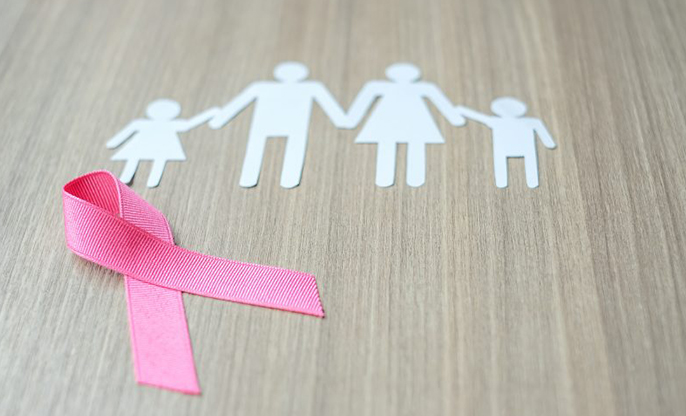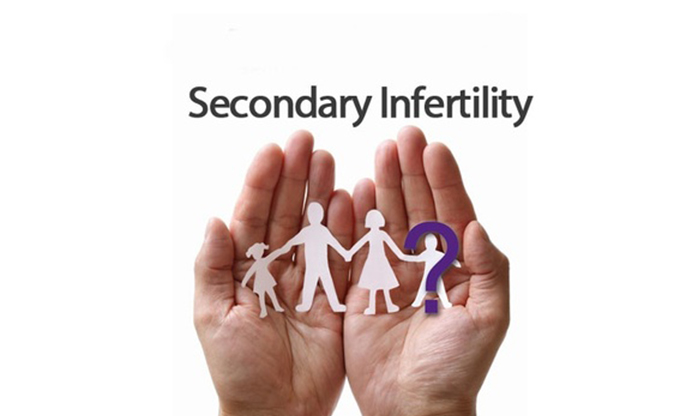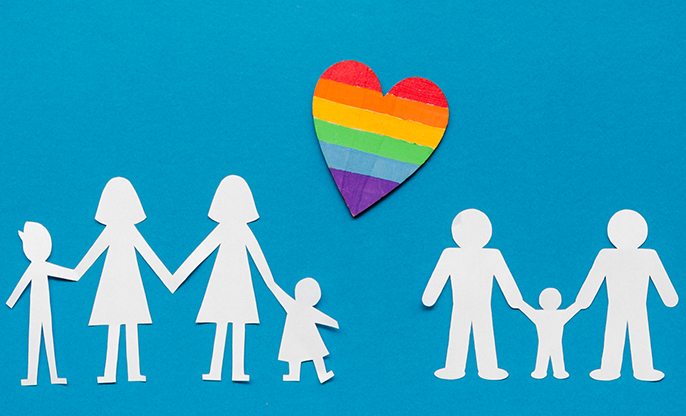
Family planning for LGBTQ+ individuals and couples in India is often fraught with societal, legal, and medical obstacles, limiting their access to reproductive options. Discrimination, lack of legal recognition, and limited healthcare resources present significant barriers to building families. Despite these challenges, LGBTQ+ individuals can navigate the complexities of family planning with resilience and support, let’s explore it through this article.
Problem at hand
Societal
stigma and legal hurdles pose considerable challenges for LGBTQ+ individuals
seeking to start families in India. The absence of legal recognition for
same-sex relationships restricts access to adoption, surrogacy, and assisted
reproductive technologies (ART). Discriminatory laws and policies further
marginalize LGBTQ+ individuals, hindering their ability to access reproductive
healthcare and legal protections.
To overcome these challenges, LGBTQ+ individuals can seek legal assistance and advocacy to navigate adoption processes, surrogacy agreements, and parental rights. Organizations like the National Centre for Lesbian Rights (NCLR) and The Humsafar Trust provide legal support and resources for LGBTQ+ individuals and couples pursuing family planning options. Additionally, connecting with LGBTQ+-friendly healthcare providers and support groups can offer vital guidance and support throughout the family planning journey.
Solution
·
Understanding Legal
Landscape: Educate yourself about the legal framework surrounding LGBTQ+ family
planning in India. Familiarize yourself with relevant laws, such as those
governing adoption, surrogacy, and parental rights.
·
Seeking Legal Guidance: Consult with legal
experts specializing in LGBTQ+ rights and family law. They can provide guidance
on adoption procedures, surrogacy agreements, and navigating legal challenges
related to parental rights and recognition.
·
Exploring Fertility
Options:
Research different fertility options available to LGBTQ+ individuals and
couples, including assisted reproductive technologies (ART), surrogacy, and
adoption. Consider factors such as cost, feasibility, and legal implications.
·
Building a Support
Network:
Connect with LGBTQ+-friendly healthcare providers, counsellors, and support
groups who understand the unique challenges faced by LGBTQ+ individuals in
family planning. Seek out affirming spaces where you can openly discuss your
concerns and receive support.
·
Financial Planning: Assess the financial
costs associated with various family planning options, including medical
expenses, legal fees, and potential childcare costs. Develop a budget and
explore financial assistance programs or resources available to LGBTQ+
individuals and couples.
·
Emotional Preparation: Recognize the emotional
complexities involved in family planning as an LGBTQ+ individual or couple.
Take time to process your feelings, communicate openly with your partner, and
seek counselling or therapy if needed.
By taking proactive steps and seeking support from knowledgeable professionals and community resources, LGBTQ+ individuals and couples can navigate the challenges of family planning with resilience and confidence. Together, we can work towards a more inclusive and affirming society where all families are celebrated and supported.















































